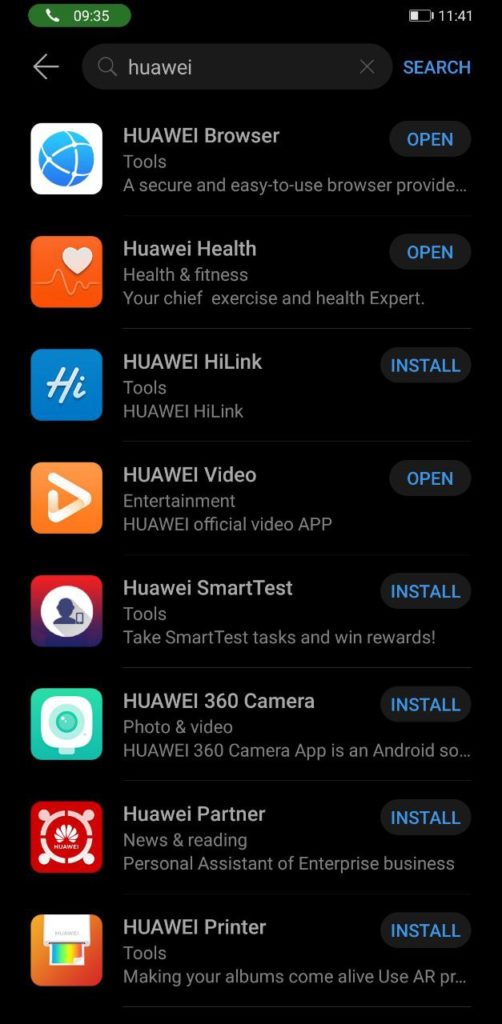
This is Huawei’s second South African device running the HMS ecosystem. HMS is one of only three smartphone ecosystems used globally, highlighting the company’s commitment to leading innovation in the tech sector.
Huawei’s move from the Google Mobile Services platform to creating its own ecosystem has led to a few misconceptions in the market regarding what this will mean to the Huawei user. In reality, there is a myriad of reasons to use HMS on the Huawei P40 Lite and get the most out of the new device.
It’s still Android

You may not know this, but Huawei has historically made significant contributions to the development of the Android OS, from basic code to the final process. Huawei has never just been a hardware business — the development of software and user experience remains top priority. For example, in the development of Android’s Linux kernel, Google contributed 3% while Huawei contributed 1.5%.
Huawei has also always optimised Android’s features for their latest EMUI updates before Google adopted it for themselves. This includes performance optimisation of background app management by using AI, machine learning and intelligent resource scheduling; EROFS, which improves performance and compresses storage capacity; and the Vulkan Graphics API, which provides high quality and high-performance 3D graphics for apps.
Because Android is open-source, enhancements Huawei developed were obviously available to the entire tech community, contributing to further innovation. Huawei remains committed to developing the Android OS, and all its future smartphones in the near future will run Android.
Check out the EMUI on this one
The Huawei P40 Lite and all upcoming Huawei devices retain EMUI as its user interface, so new Huawei smartphones with HMS still look familiar. EMUI helps users get the most intuitive and seamless experience from their phones by enhancing performance
Phone Clone: Most of the most commonly used apps can be copied from your old device and your data will also be transferred.
Native download: Users can download a number of apps directly from the Huawei AppGallery and this number is always growing.
Quick apps and web links: Quick apps are a new type of installation-free app, which consume very little memory space and data. Users can add their favourite quick apps to their mobile landing page for speedy and convenient access. These open directly in the Huawei AppGallery or your browser.
But how safe is downloading from Huawei’s AppGallery really?
Huawei’s AppGallery features a four-layer detection mechanism to ensure app security, as well as post-release app inspection and a mechanism for user feedback. Four-layer detection includes security vulnerability scanning; privacy check; malicious behaviour detection; and manual, real-name security check to ensure apps are secure during the entire process.
Is that an EMUI10?
Huawei introduces EMUI10 with the launch of the P40 Lite. There’s a brand-new UI design, including backgrounds in Morandi colours.
Under different lighting scenarios, the colour scheme adapts to an optimal contrast range. Whether under normal mode or dark mode, it displays clear and nice content, ensuring a comfortable reading experience. In particular, the dark mode displays dark and gentle surfaces across the UI to keeps users’ eyes from bright light. Instead of simply inverting colours, everything from background filling, text and icons, is adjusted for contrast and colour scale based on ergonomics to deliver a more comfortable user experience.
Which is all just a long way of saying – it’s time to find out what you’ve been missing. Experience the HMS suite of applications with App Gallery and an updated EMUI user experience on the Huawei P40 Lite.
